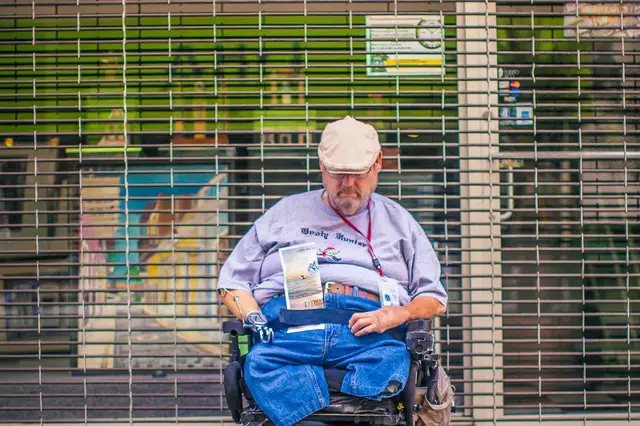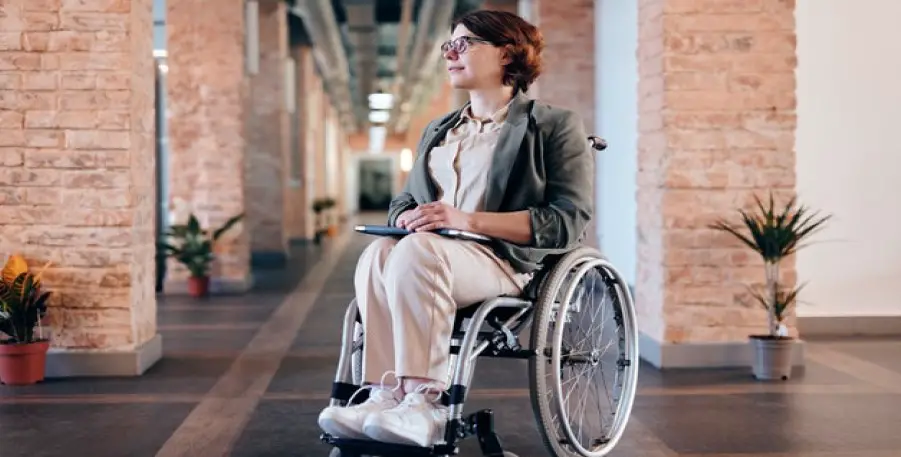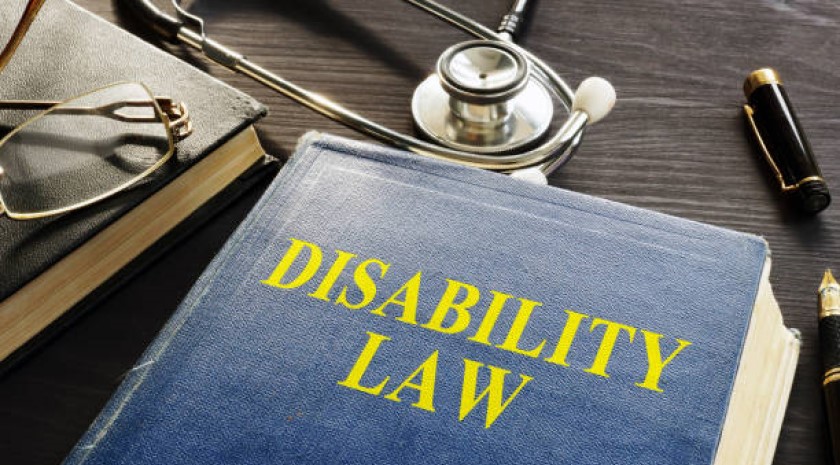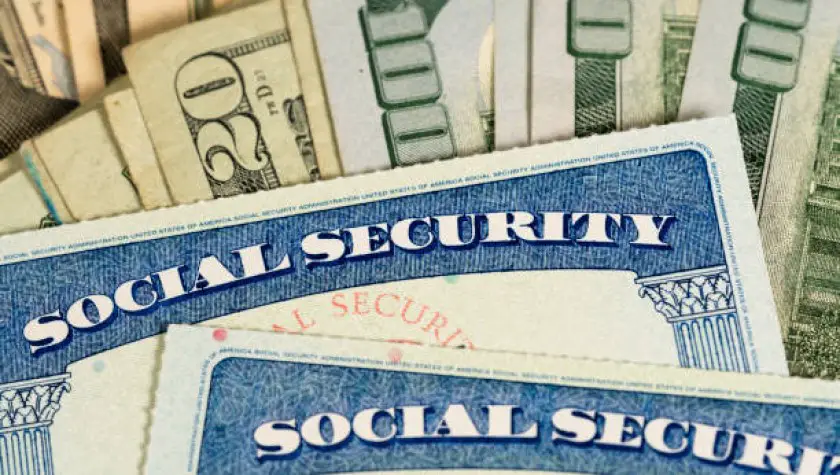The law protects disabled persons, and as such, an assault on them attracts certain penalties from the government.
That is because they are considered vulnerable and need extra protection.
The penalties for assaulting a disabled person vary, depending on the country and the assault severity.
But before we go into that, it makes sense to define what an assault is and who’s a disabled person.
Table of Contents
- What’s an Assault, and Who’s a Disabled Person?
- Points to Note about Hate Crime
- Types of Assaults
- What are the Penalties for Assaulting a Disabled Person?
- How to Guard Against Penalties for Assaulting a Disabled Person?
- What to Do in the Incident of Assaulting a Disabled Person?
What’s an Assault, and Who’s a Disabled Person?

An assault is a physical attempt or attack that causes pain or damage to the victim.
In this age, the definition of assault has gone beyond a physical attack to intentional acts of threatening the victim. A good example of an assault is using a weapon to threaten an individual.
On the other hand, a disabled person has a mental or physical impairment that has hindered one or more major life activities. And like everything else, disability differs with regional laws. A disability in a country may not be considered a disability in another country.
However, some disabilities are common in all regions and laws. These include blindness, deafness, mental illness, cerebral palsy, speech disability, and sickle cell anemia. So, confirm the disabilities recognized under your local law.
In most regions, assault on a disabled person is termed a hate crime, implying a crime committed because the victim is disabled. Assaults on older adults are categorized into hate crimes in some cases.
Points to Note about Hate Crime
- Disability in persons can be noticeable or hidden. However, if persons with disability are assaulted because of their disability, it’s a hate crime
- Hate crime can happen anywhere, including your workplace, public transit, school, bank, and hospital
- Hate crime can be carried out by a stranger or someone you know. But, strangers are the commonly known perpetrators of hate crimes
- You can be a victim of a hate crime because of your association with a disabled person. For example, your disabled partner or child
- Hate crime comes in various forms, including damage to property, bullying, or physical abuse
Recommended: Top 4 Services Available to Handicapped Persons
Types of Assaults
Assaults on disabled persons are grouped into two; simple assault and aggravated assault. Let’s take a closer look at the two different types of assaults.
Simple assault
A simple assault on a disabled person is an attack without weapons. In North Carolina, a simple assault is termed an A1 misdemeanor and would attract 150 days incarceration and a discretionary fine.
Aggravated assault
This is more complicated than a simple assault because it involves weapons. The aggravated assault on a disabled person is punishable under law and attracts up to 62 months of incarceration.
What are the Penalties for Assaulting a Disabled Person?

Assaulting a disabled person in the 3rd degree attracts a 1-year mandatory jail term. Assault in the 3rd degree could also attract a significant collateral consequence and negative publicity.
The same works for assaulting a disabled person in the 2nd and 1st degree. It attracts 5 and 20 years jail term, respectively.
As a note, proof of a mental intention to commit an assault on a disabled person is the most important element required in a hate crime case. The inability to provide this proof renders the case null. However, this element varies with the different degrees of the assaults.
How to Guard Against Penalties for Assaulting a Disabled Person?
I know that life can get in the way, and you can be accused or found guilty of assaulting a disabled person. No worries!
See how you can prevent being penalized for assaulting a disabled person. Although, ensure you contact a defense lawyer to help through the process.
Based on self-defense
You can escape the jail term for assaulting a disabled person on the grounds of self-defense. You only need to prove the victim was the initial aggressor. An eyewitness at the time of the incident is usually the best proof of self-defense.
Based on the alibi defense
With electronic surveillance, credit card records, and phone records, you can guard against penalties for assaulting a disabled person on the Alibi defense grounds. What this means is that you might have been mistaken for someone else.
Recommended: Homes for People with Disabilities: Everything You Should Know
What to Do in the Incident of Assaulting a Disabled Person?
Here’s a quick guide on what to do and not to do if assaulted for your disability. Make sure to read it carefully to avoid doing the wrong things and reducing your chances of getting justice from your attacker.
Go to a safe place
The first thing to do after a hate crime is to find a safe place for your safety. Move away from the crime scene as soon as you can. If you have suffered any physical injury and need help with moving, call the local law enforcement agency or 911 to help you. You can also ask passersby to give you a helping hand with moving to a safer place.
Get medical attention
Next is to seek medical attention. You don’t have to wait until your accuser is arrested or compensate you for the damage done. Find your way to the hospital and report the incident to be examined for bruises, broken bones, or internal bleeding. Ensure you keep the doctor’s reports and the bills to serve as evidence in court.
Don’t destroy the evidence
It is crucial that you don’t destroy the evidence of the assault. It could be your torn clothes, a broken watch, jewelry, or a damaged phone. Whatever it is, preserve the evidence and be ready to show them in court. It is an added advantage if you can get a recorded video, pictures, or recorded voice of the assault from the eyewitnesses.
Hire a good attorney
Find an attorney with years of experience and expertise in disabled person assault. Your attorney will represent you in court and help you get justice. Make sure to confide in your attorney, tell them everything they need to know.
The good news is that you don’t have to break the bank to hire a good attorney. Ask for their portfolio, check if they’ve handled similar cases before, and their strategies. It will give you a clue on what to expect when you hire them.




